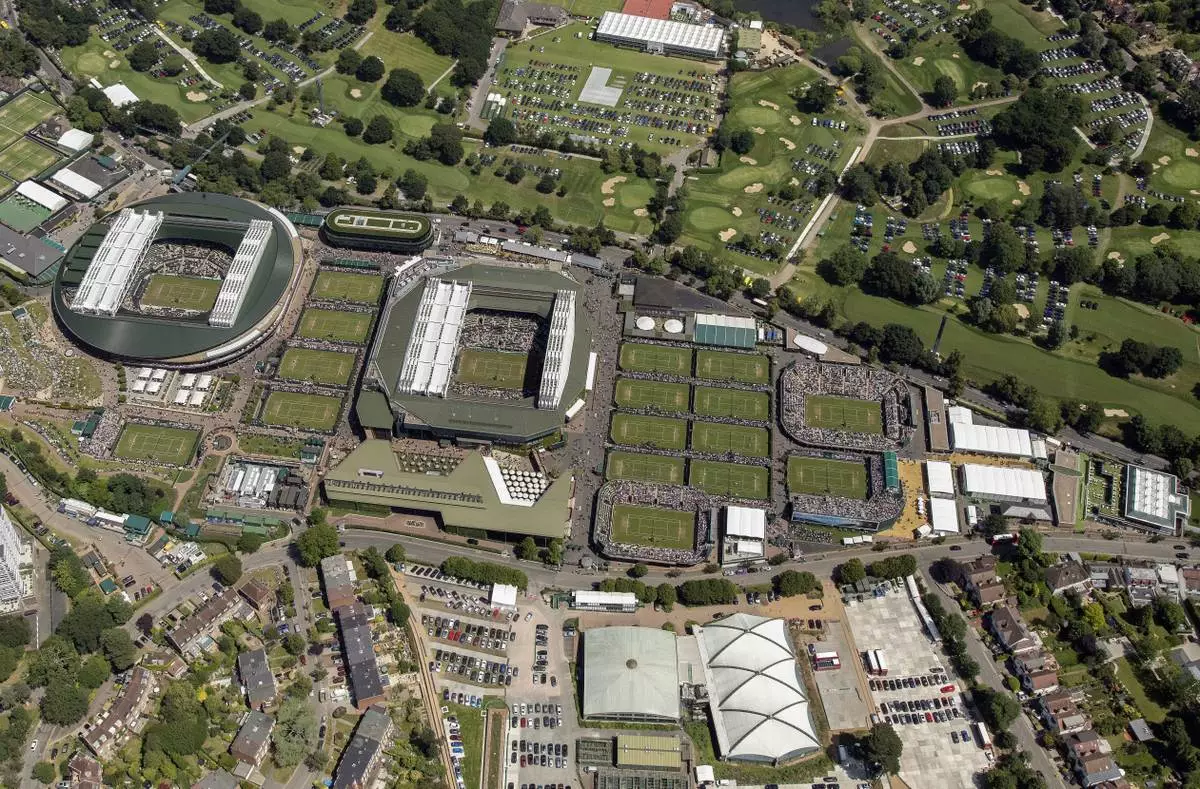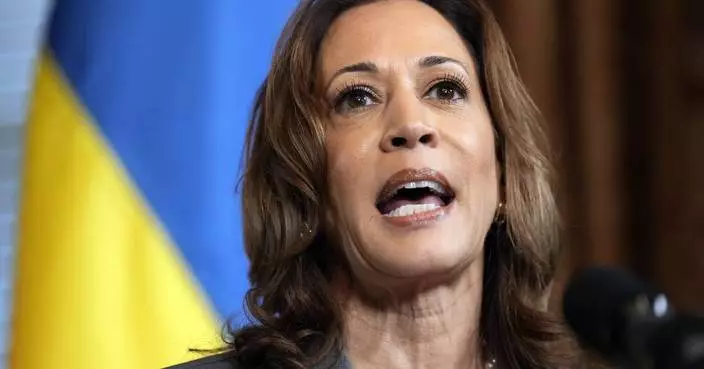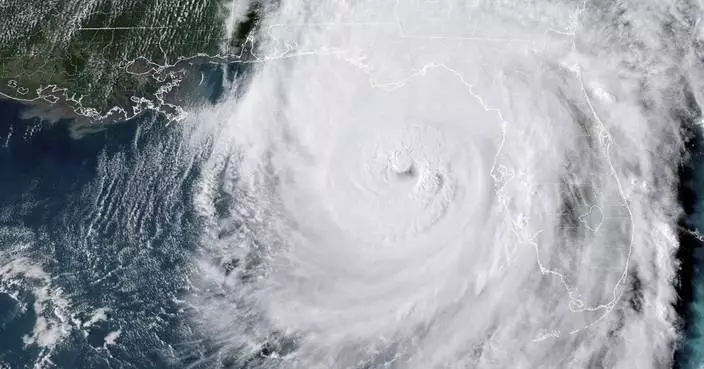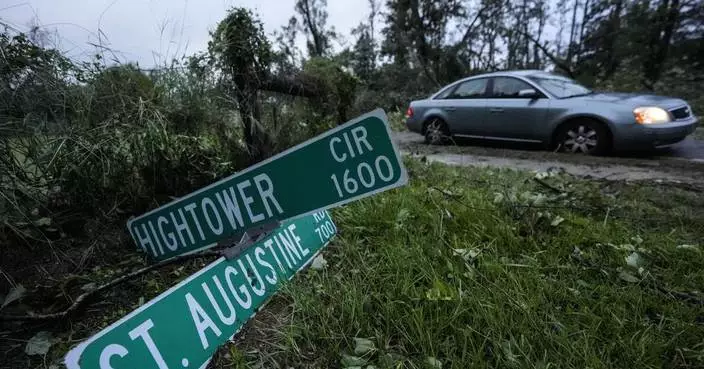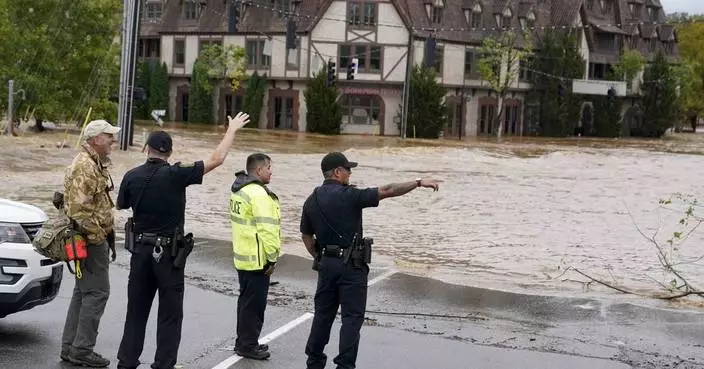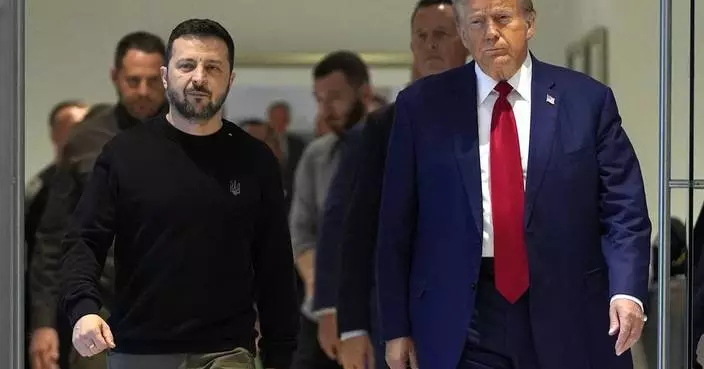MADISON, Wis. (AP) — The Wisconsin Supreme Court ruled Friday that Robert F. Kennedy Jr.'s name will remain on the state's presidential ballot, upholding a lower court's ruling that candidates can only be removed from the ballot if they die.
The unanimous decision from the liberal-controlled court marks the latest twist in Kennedy’s quest to get his name off ballots in key battleground states where the race between Republican Donald Trump and Democratic nominee Kamala Harris is close. Kennedy’s attorney in Wisconsin, Joseph Bugni, declined to comment on the ruling.
The decision came after more than 418,000 absentee ballots have already been sent to voters. As of Thursday, nearly 28,000 had been returned, according to the Wisconsin Elections Commission.
Kennedy suspended his campaign in August and endorsed Trump. Earlier this month a divided North Carolina Supreme Court kept him off the ballot there while the Michigan Supreme Court reversed a lower court decision and kept him on.
Kennedy filed a lawsuit in Wisconsin on Sept. 3 seeking a court order removing him from the ballot. He argued that third-party candidates are discriminated against because state law treats them differently than Republicans and Democrats running for president.
He pointed out that Republicans and Democrats have until 5 p.m. on the first Tuesday in September before an election to certify their presidential nominee but that independent candidates like himself can only withdraw before an Aug. 6 deadline for submitting nomination papers.
Dane County Circuit Judge Stephen Ehlke ruled Sept. 16 that Wisconsin law clearly states that once candidates file valid nomination papers, they remain on the ballot unless they die. The judge added that many election clerks had already sent ballots out for printing with Kennedy’s name on them.
Bugni had argued that clerks could cover his name with stickers, the standard practice when a candidate dies. Ehlke rejected that idea, saying it would be a logistical nightmare for clerks and that it is not clear whether the stickers would gum up tabulating machines. He also predicted lawsuits if clerks failed to completely cover Kennedy's name or failed to affix a sticker on some number of ballots.
The Supreme Court's four liberal justices along with conservative Justice Brian Hagedorn wrote that Kennedy's arguments weren't developed enough for them to decide whether Ehlke erroneously exercised his discretion in keeping Kennedy on the ballot. They noted that Kennedy didn't argue that Ehlke misinterpreted the law that says only dead candidates can be removed from the ballot.
“We emphasize that we are not making any legal determinations on our own regarding the claims made by Kennedy and we are not agreeing with the circuit court’s legal conclusions on those claims. We simply are unable to make such determinations, given the inadequate briefing presented to us,” the five justices wrote in six-page opinion.
Conservative Justice Rebecca Bradley wrote in a one-page concurrence that while she doesn't disagree with the five other justices that Kennedy's arguments were underdeveloped, keeping Kennedy on the ballot will confuse voters and could tilt the outcome of the election.
“Voters may cast their ballots in favor of a candidate who withdrew his candidacy, thereby losing their right to cast a meaningful vote," she wrote. “Ballots listing a non-candidate mislead voters and may skew a presidential election. In this case, the damage to voter participation in electoral democracy is real.”
The court's third conservative, Annette Ziegler, joined Bradley's concurrence.
The presence of independent and third-party candidates on the ballot could be a key factor in Wisconsin, where four of the past six presidential elections have been decided by between about 5,700 to 23,000 votes.
In 2016, Green Party nominee Jill Stein got just over 31,000 votes in Wisconsin — more than Trump’s winning margin of just under 23,000 votes. Some Democrats blamed her for helping Trump win the state and the presidency that year.
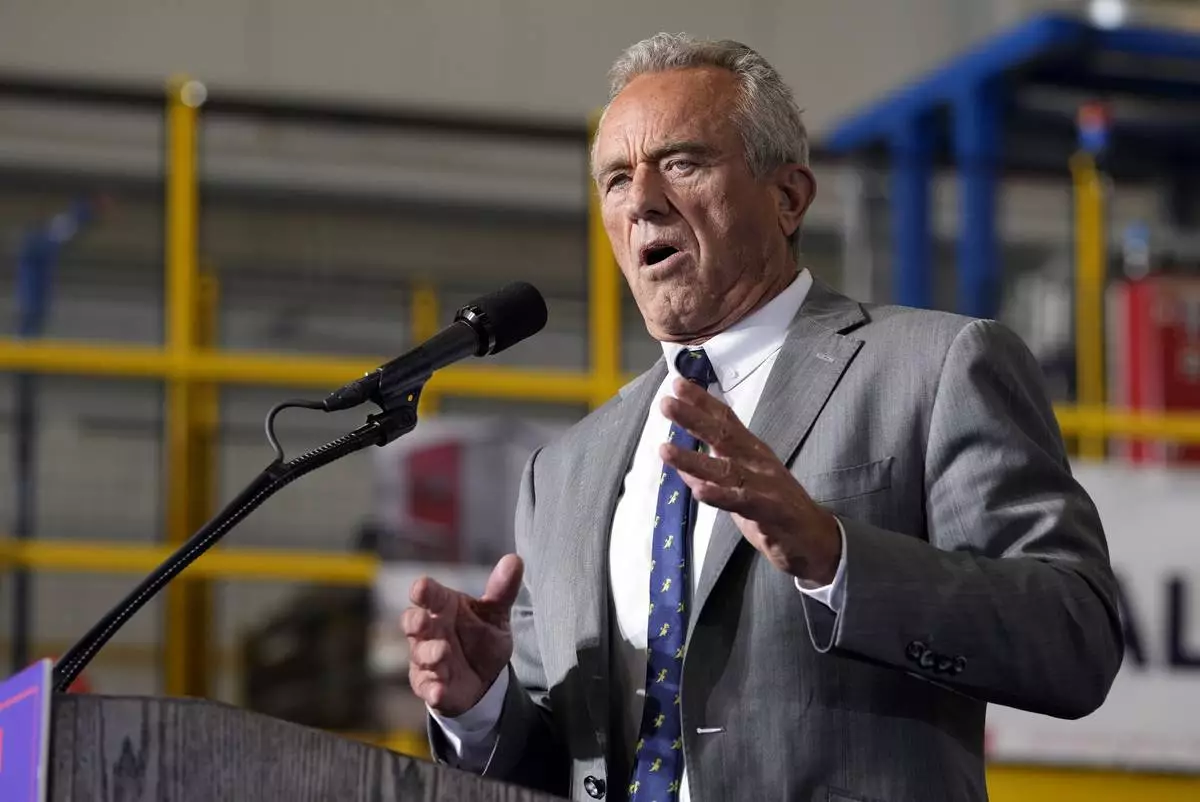
Robert F. Kennedy, Jr., speaks before Republican presidential nominee former President Donald Trump at a campaign event, Friday, Sept. 27, 2024 in Walker, Mich. (AP Photo/Carlos Osorio)
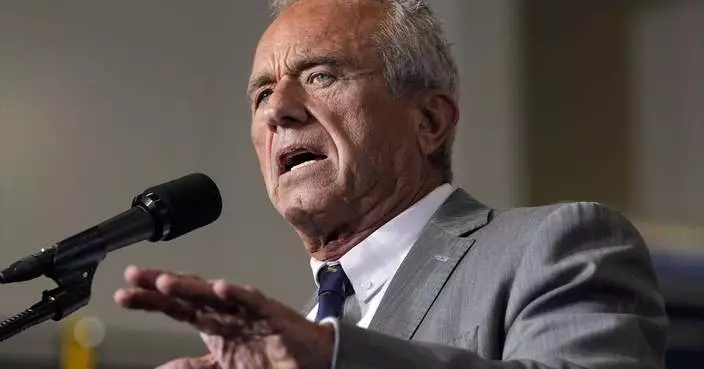
Wisconsin Supreme Court says Robert F. Kennedy Jr.'s name will remain on swing state's ballot
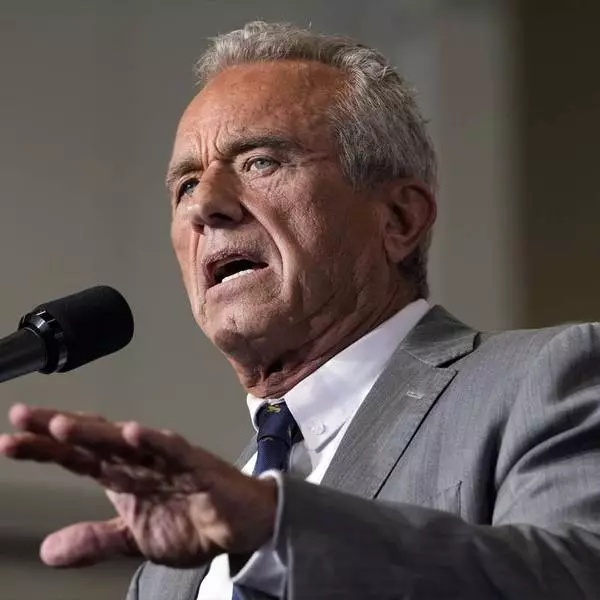
Wisconsin Supreme Court says Robert F. Kennedy Jr.'s name will remain on swing state's ballot
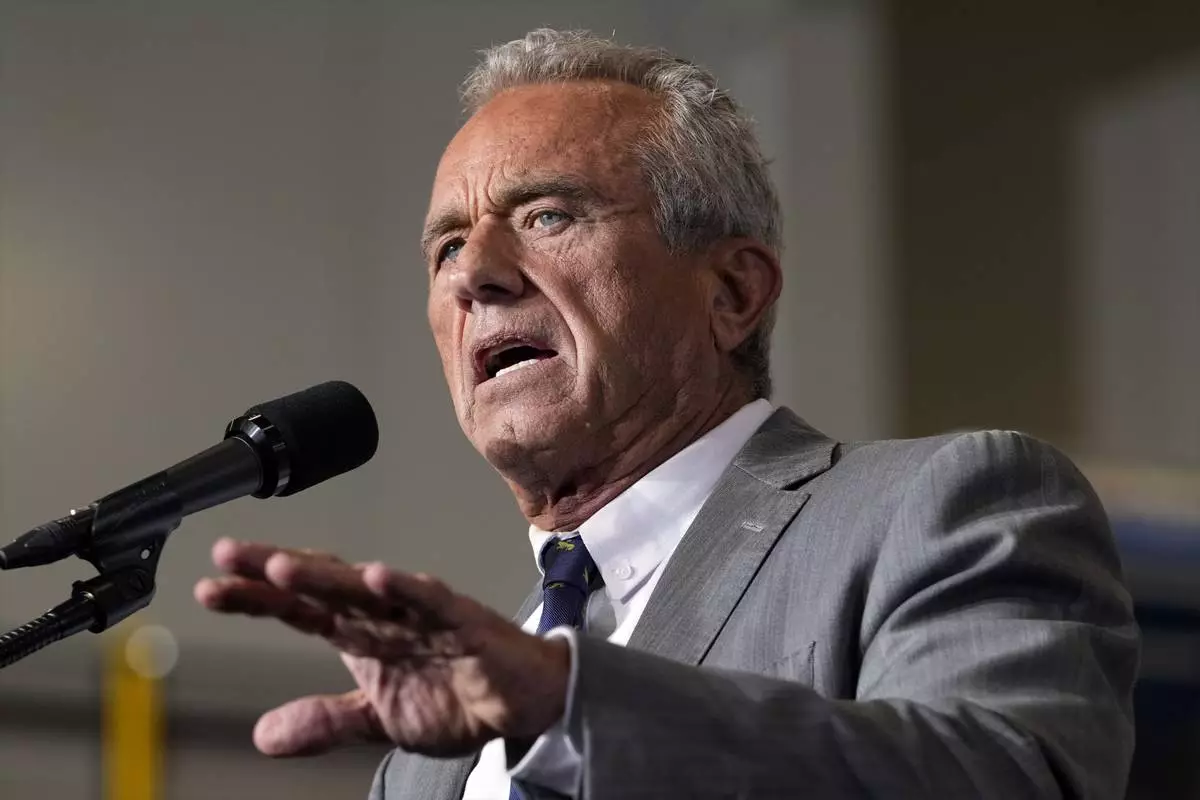
Robert F. Kennedy, Jr., speaks before Republican presidential nominee former President Donald Trump at a campaign event, Friday, Sept. 27, 2024 in Walker, Mich. (AP Photo/Carlos Osorio)



